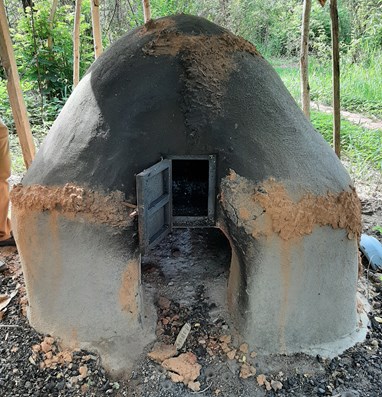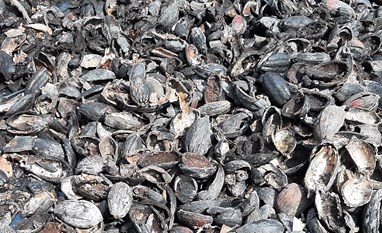Côte d'Ivoire
About Côte d’Ivoire
The agriculture sector accounts for 22% of gross domestic product and more than 75% of exports in Côte d’Ivoire. Despite this, the World Bank reports on a widening urban/rural gap and only a modest reduction in rural poverty over the past few decades[1].
Annual production of agricultural waste is estimated at 17 million tons. The purpose of this pilot case is to turn some of this waste into saleable products.
In addition to creating a new source of rural income, the production of biochar, for example, will help combat deforestation, reduce the intensive use of synthetic fertilisers and improve access to clean water.
Test sites
A mini factory at the test site will include a laboratory, packaging plant and warehouse. The piloting of adapted pyrolysis technologies is taking place in forest and savannah regions of the country.
Local farmer involvement
Eight agricultural women’s cooperative groups are participating in the pilot trials, supplying the necessary biomass feedstock and applying the bio-based technologies on their farms.
Bio-based technologies and feedstock


The test site will validate the following technologies:
Traditional oven adapted to pyrolysis, producing:
- Biochar for soil amendment and water filtration systems
Pelletisation, producing:
- Pellets for animal feed, e.g. poultry, pigs, rabbits, guinea pigs
Lab-scale trials will test:
Fermenter technology, producing
- Bioplastic alternative to conventional plastic based on fossil fuels
- Biocomposites
Local feedstock will include:
- Cassava peelings and rice husks for biochar production
- Natural fodder plants and agricultural residues for feed pellet production
- Cashew apple juice for bioplastic production
- Roast tree fibre and cocoa pods for combining with bioplastics to produce biocomposites
From waste to biochar - the Brazilian kiln
It took just three days to build the Brazilian kiln at INP-HB in Yamoussoukro. Using this simple, low-cost technology, the BIO4Africa partners will pilot the production of biochar from agricultural waste, such as coconut, cashew and mango seed shells.
Made entirely from local materials, the plant comprises four circular kilns connected to a central chimney. User-friendly software monitors and models the carbonisation process, so biochar can be produced for a range of purposes.
"The use of agricultural residues for biochar production
will solve multiple challenges for farmers who experience problems with rotting waste on their land."
Yao Casimir Brou, professor at INP-HB
Watch the video
Túlio Jardim Raad, renewable energy consultant engineer, introduces the kiln, the feedstock and the benefits for rural communities.